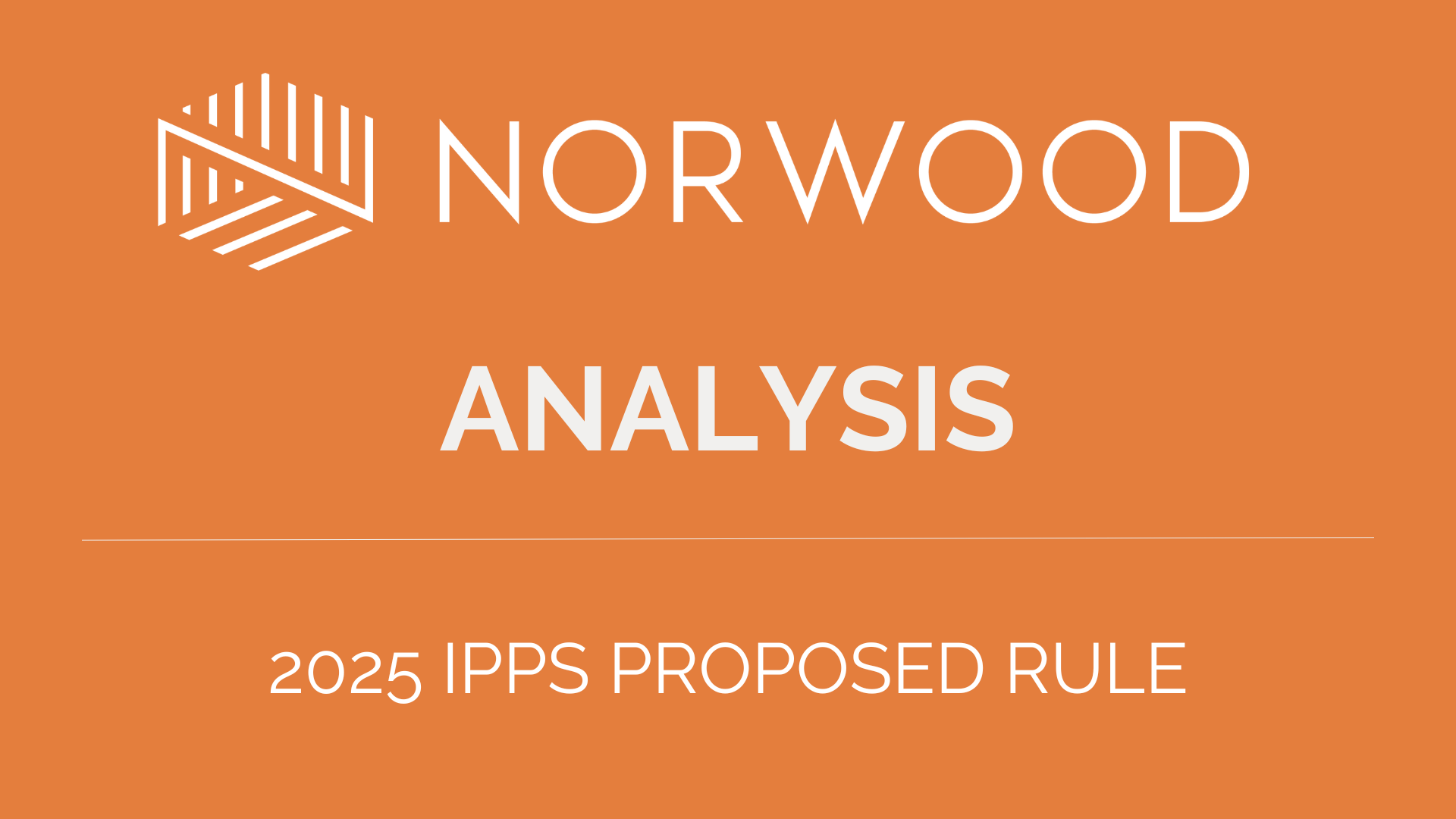Transforming Episode Accountability Model (TEAM) Reconfirms CMS Commitment to Bundled Payments and Value-Based Care

By Brian Murphy
Every time I think bundled payments are out, they drag me back in.
I like the concept. We know that fragmented care can lead to complications in recovery, avoidable hospitalization, and increased spending. Under bundled payment models, providers assume accountability for the quality and costs of care delivered during a complete episode, and presumably the result is better care.
But CMS’ many bundled care initiatives have yielded mixed results. Some have resulted in net savings, others not.
A January 2020 review article by Health Affairs of 20 studies found that bundled payment maintains or improves quality while lowering costs for lower extremity joint replacement, but not for other conditions or procedures.
But CMS seems to be doubling down with the new Transforming Episode Accountability Model (TEAM) model. If you haven’t seen it, this is in my mind is the big news coming out of the recently released 2025 Inpatient Prospective Payment System (IPPS) 2025 rule.
According to CMS (see fact sheet below), the TEAM model:
- Is a five-year, mandatory episode-based payment model that would start in January 2026 and end December 31, 2030
- Pertains to traditional Medicare, not Medicare Advantage patients, and to selected acute care hospitals
- Includes Lower Extremity Joint Replacements, Surgical Hip Femur Fracture Treatments, Spinal Fusions, Coronary Artery Bypass Grafts, and Major Bowel Procedures.
- Stratifies risk in 3 tracks (i.e., no downside risk but lower levels of reward in track 1, vs. higher levels of risk and reward in track 3)
- Assesses performance by comparing actual Medicare FFS spending to a target price, as well as how hospitals perform on quality measures (readmissions, patient safety, and patient-reported outcomes).
CMS seeks comment on the proposed TEAM and expects to release a final rule in the fall of 2024. So we may see some changes based on public comments.
CDI and coding professionals can impact model performance by ensuring patients are appropriately included or excluded by ICD-10 code.
Who in your organization would be responsible for coordinating this type of TEAM (ahem) effort, ensuring quality targets are met and financial awards received?
Interesting wrinkle here. As always, would love to get your thoughts. Email me at brian.murphy@norwood.com.
***
One other item from the IPPS proposed rule caught my eye as well: Updates to CC status of Social Determinants of Health Diagnosis (SDOH) codes.
CMS is proposing to change the severity designation of the seven ICD-10-CM codes that describe inadequate housing and housing instability, from non-complication or comorbidity (NonCC) to complication or comorbidity (CC), based on the higher average resource costs of cases with these codes.
Recall that last year CMS added homelessness, including Z59.00 Homelessness unspecified; Z59.01 Sheltered homelessness; and Z59.02 Unsheltered homelessness to the CC list, recognizing that patients living in these conditions require more resources to treat.
References
TEAM model fact sheet: https://www.cms.gov/files/document/team-model-fs.pdf
2025 IPPS proposed rule: https://www.federalregister.gov/public-inspection/2024-07567/medicare-and-medicaid-programs-and-the-childrens-health-insurance-program-hospital-inpatient
The Impact Of Bundled Payment On Health Care Spending, Utilization, And Quality: A Systematic Review: https://www.healthaffairs.org/doi/full/10.1377/hlthaff.2019.00784?journalCode=hlthaff
CMS 2024 IPPS proposed rule reclassifies homelessness SDOH codes as CCs: https://www.norwood.com/cms-2024-ipps-proposed-rule-reclassifies-homelessness-sdoh-codes-as-ccs/
Related News & Insights
Code Red: CMS announces massive audit expansion of Medicare Advantage, raising risk adjustment coding questions
By Brian Murphy For a while I felt like this was coming to a head. As far…
Are you assigning admit type based on NUBC guidelines—or a loose interpretation to influence quality metrics?
By Brian Murphy Prior to our Off the Record podcast recording my guest Penny Jefferson shared with…


